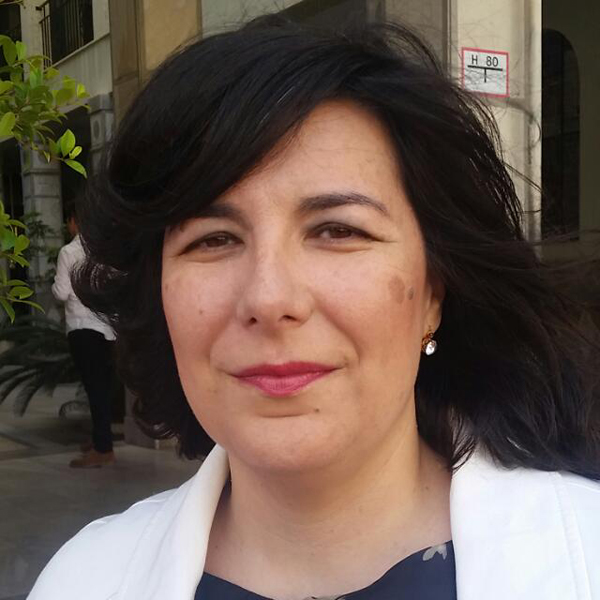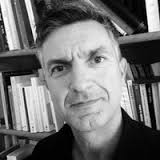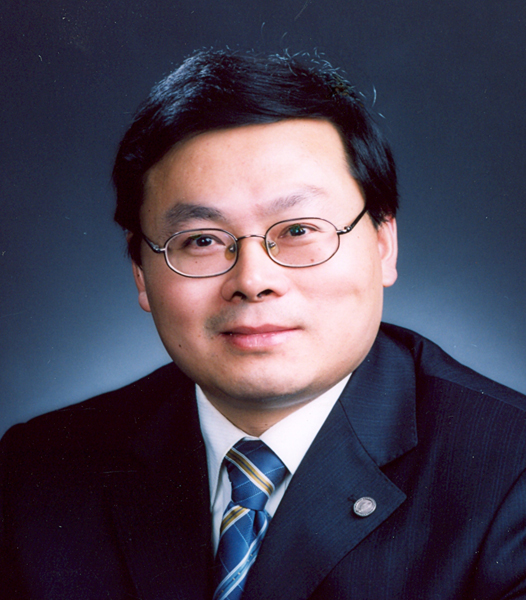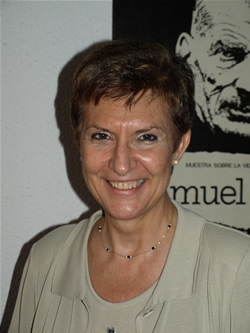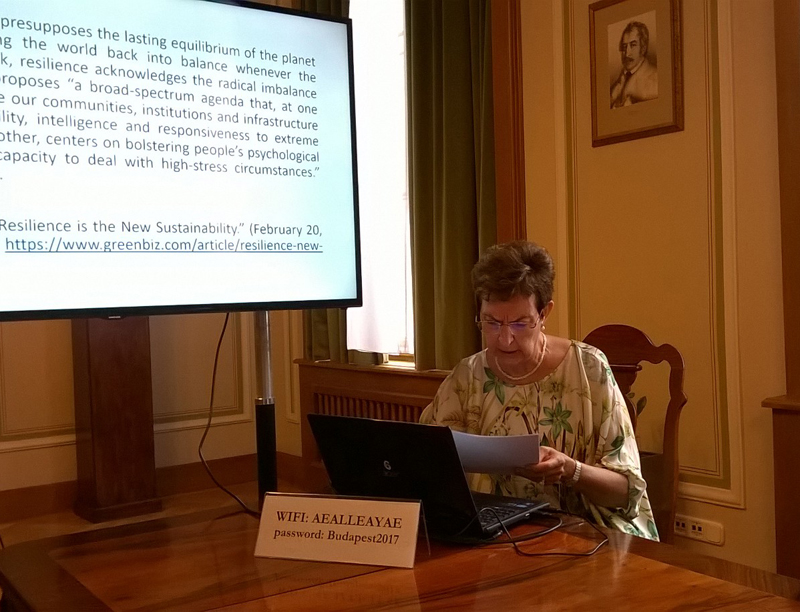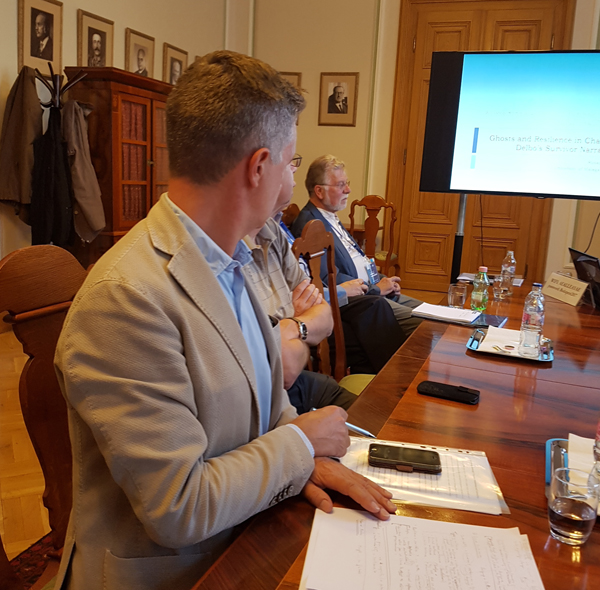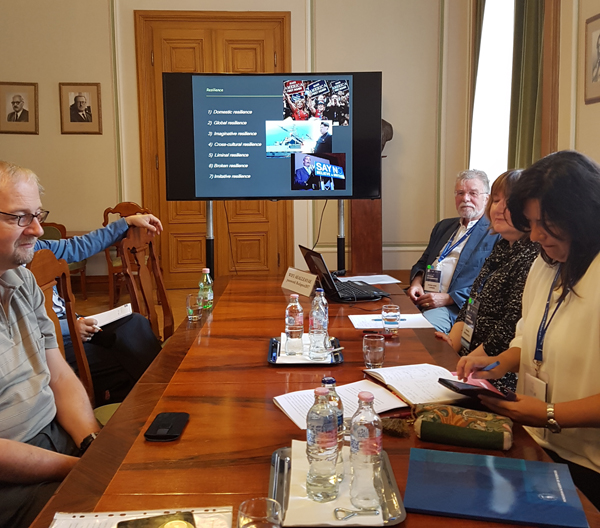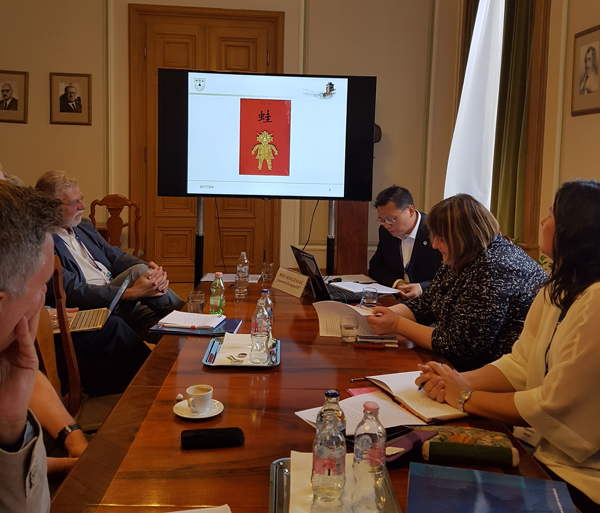Story-telling and Resilience: The Function of Literature in the Overcoming of Trauma
Pre-conference workshop#
4th September, 2017, Budapest, Hungary
Academia Europaea 29th Annual Conference 2017#
Convenor and chair: Susana Onega#
Speakers#
Svend Erik Larsen (litsel@cc.au.dk)
Jean-Michel Ganteau (jean-michel.ganteau@univ-montp3.fr)
Rosario Arias (rarias@uma.es)
Chengzhou He (chengzhou@nju.edu.cn)
Marina Grishakova (marina.grisakova@ut.ee)
Abstracts#
1. Introduction to the Workshop: Story-telling and Resilience. The Function of Literature in the Overcoming of Trauma#
Susana Onega
University of Zaragoza
The word “resilience” was first used in physics to describe the capability of a strained body to recover its size and shape after deformation caused especially by compressive stress. Generally understood as the ability of something to return to its original shape after it has been pulled, stretched, pressed, bent, etc., it was then used in the social sciences, meaning the ability to succeed, to live and to develop in a positive and socially acceptable way, despite the stress or adversity that would normally involve the real possibility of a negative outcome. Just as in physics the term “resilience” designates an intrinsic quality of materials that varies according to the specific characteristics of each material, when applied to human beings, resilience points to an intrinsic quality or “inner strength” that varies according to each individual. This would explain why, for example, two children who have undergone the same type of familial and social deprivations and misfortunes will develop into adults in striking different ways. Their different degree of resilience lies in their respective capacity to imagine positive alternatives to it. Dreams, creativity and the self-addressed telling of stories are intrinsic mechanisms of resilience that human beings have used since the dawn of civilisation, since “as soon as we put sadness into a story, we give a meaning to our sufferings.” (Cyrulnik, Resilience, 4). We will take this idea as the starting point for our contention that, as products of the creative imagination, art in general and literature in particular, are especially apt mechanisms of resilience aimed at ensuring the individual and collective working though of psychic trauma and at facilitating the integration of the individuals who have endured a traumatic experience into the social group. We will exemplify this contention through the analysis of some representative examples of a striking phenomenon, namely, the proliferation, since the 1980s, of (pseudo-)autobiographical, testimonial and fictional narratives dealing with the individual and collective traumas of our contemporary age.
2. Language and Culture: A Case of Sustainability and Resilience#
Svend Erik Larsen
Univeristy of Aarhus
Short definitions of the two key terms will lead to the topic of my paper. Sustainability is a situation that enables continuity within a given domain, and resilience is a human capacity to take responsibility for sustainability under threat. More specifically, cultural sustainability depends on all factors that enable the reproduction, development and continuation of a culture, and resilience is the power of humans to resist threats to the sustainability of the culture they live in. In this perspective, a shared language, which is not necessarily a unified national language, is a sine qua non for a given sustainable situation. Otherwise, set conditions for sustainability, its nature, its future visions, its values etc. cannot be communicated, confirmed or changed. The language dependent interconnection between sustainability and resilience is particularly important in situations where sustainability is put at risk or is under fundamental change. Situations like revolutions, nation building, colonialism and post-colonialism, occupation, change of political systems etc. constitute such risk-invested contexts. This is where creative language and imaginative writing become important because here language must be used to imagine future conditions for sustainability and resilience as defined in relation to a human future not yet existing. Here, choice of language and discourse, choice of imaginary genres, awareness of ambiguities and insecurity are more foregrounded than known values and practices. My paper will focus on two basic situations: 1) the choice of language when sustainability is threatened and the resilience required in local communities, exemplified in essays written by African writers J.M Coetzee, Chinua Achebe and Nguyen wa Thiongo; 2) the problem of language when the same challenges are confronted in migrant conditions, exemplified by Henry Roth’s Call it Sleep. In a cultural context, this contrast between situations defines the relationship between cultural sustainability and resilience in an increasing globalized culture.
3. A “not-knowing knowledge”: Narrative Attentiveness and Care(-giving)
Jean-Michel Ganteau
University Paul-Valéry, Montpellier 3
I would like to show that contemporary fiction brings in a special knowledge (Nussbaum) that Geoffrey H. Hartman has defined as “not-knowing knowledge,” and that is constitutive of the text’s clinical effectiveness or, at least, care—to take up Whitehead’s idea, of the process of “writing with care.” To do so, I will focus on Martin Amis’s Time’s Arrow and on the novel’s double temporal structure according to which the character’s resilience is shown in reverse order, while the narrator’s follows chronological time. I will argue that the contradictory or at least paradoxical temporality of such a limit-case fictional narrative duplicates that of Wordsworth’s “Immortality” ode, with its final allusion to trauma (“Thoughts that do often lie too deep for tears.”), and thereby the double temporality of afterwardsness as described by Freud and developed by Laplanche. In so doing, I will address the persistence of youthful resilience in the adult—an insight present in Hartman’s analyses—and the healing powers of afterwardsness that helps revisit the locus and nature of the original traumatic breakthrough so as to help narrativise it and open the way towards healing. Throughout, I shall pay attention to the issue of narrative ethics as encapsulated in the way in which fiction imposes a special, arrested rhythm on reading and addresses a vulnerable reader whose sympathy cannot develop into over-identification (Hartman). The “not-knowing knowledge” of fiction guarantees not so much a knowledge as a shared experience that elicits a singular response to events caught in their singularity and thereby opens the door to healing.
4. Ghosts and Resilience in Charlotte Delbo’s Survivor Narratives#
Rosario Arias
University of Málaga
In this paper I will consider resilience in Charlotte Delbo’s autobiographical texts about her Auschwitz experience. In her Auschwitz and After (1995), which consists of None of Us Will Return (1946/1965), Useless Knowledge (1946-47/1970) and The Measure of Our Days (1960s/1971), the spectral presence of her traumatised past sits at odds with her attempt at restoration and order. Special attention should be given to the last volume of the trilogy, The Measure of Our Days, concerned with the difficulties Delbo and other survivors find in assimilating and healing their wounded selves: “even those of us who believe they buried the past within their innermost secret depths, even those who added to that past all kinds of new memories…piling them up in order to cover the past, it will not disappear … I died in Auschwitz but no one knows it” (Delbo 266-67). In Delbo’s narrative the Auschwitz self returns as a revenant and haunts the process of healing, thus threatening her recuperation and integration into the social group. Yet, the autobiographical text challenges and resists the traces of personal and collective trauma through the narration of her survival. In other words, Delbo responds to her need to express and share what occurred to her in an artistic form, in a permanent ongoing dialogue with the trauma: there was a ghost inside me wanting to adhere to its double yet unable to do so” (Delbo 299; my italics). Therefore, I will analyse resilience in Delbo’s autobiographical writing where her past haunts the present, but the artistic rendering of her experience contributes to expelling the ghost of her traumatised past. Ultimately, her ghostly resilience can be put alongside other well-known tropes or figures of speech in trauma studies such as the trope of muteness and the wounded tongue, already explored by Sara Horowitz, which underline resilience in the face of personal and collective trauma.
5. Resilience as Event: Vulnerability, Trauma and Redemption around the Chinese One-Child Policy in Mo Yan’s Novel Wa (Frog)#
Chengzhou He
Nanjing University
According to the “World Population Prospects: the 2017 Revision,” China is one of the largest low-fertility countries in the last few decades. While the replacement fertility requires 2.1 births per woman, the fertility rate in China was 1.6 births per woman during 2010-2015. Nevertheless, the Chinese population still reached 1.38 billion by the end of 2016. On 28 October, 2015, it was announced by the Communist Party of China Central Committee and the State Council that all Chinese couples will be allowed to have two children after 1 January, 2016, which marks the end of the one-child policy. Implemented in China for nearly 30 years, the one-child policy had profoundly affected the lives of Chinese people, and its consequences will continue to haunt China and the Chinese people in the years to come.
The issue of population is usually regarded as an important indicator of sustainable development, which has its scientific rationale, but lacks humanistic care. When reflecting on the one-child policy, people are mostly focused on the economic, political and social implications, which are most of the time explained by means of statistics. As a literary scholar, I think that the Chinese birth control should also be studied in terms of the ethical and moral problems involved, which have mostly been ignored or hidden on purpose. In this regard, Wa (Frog, 2011), a novel by Mo Yan, the Chinese Nobel Prize Winner in 2012, provides an interesting case for further research.
Although it deals with such a grand topic as the one-child policy, Frog adopts a personal, civil and ethical approach to it. Integrating letter writing, fiction with a drama, the novel experiments with its narrative to confront readers with the vulnerability, trauma and redemption of those who experienced the Chinese birth control over 30 years. In this sense, resilience rather than sustainability may be a more useful concept “that can focus attention on the strength as well as the vulnerabilities of people who have experienced trauma.” Based on a careful reading of Frog, the following questions will be discussed: How do individuals become vulnerable in face of the one-child policy? What kinds of traumatic experiences have they undergone? What have they done to heal their sufferings and guilt? To what extent have the leading characters been transformed and become more resilient in this process?
6. Narrating the Extreme: At the Limits of Resilience#
Marina Grishakova
University of Tartu
Recent decades have witnessed considerable interest in the relations between storytelling, evolutionary adaptive mechanisms, and the ontogenetic development of cognitive and bodily routines. By exploiting the natural (biologically grounded but culturally assimilated and enhanced) human propensity for responsive meaning-making manifested in storytelling, literature and arts serve as human “equipment for living” (Kenneth Burke) in the ever-changing world. From this perspective, resilience as a homeostatic force — response to environmental pressures — appears to be a cultural extension of biological affordances. Among the most important resilience mechanisms inherent in fictional storytelling and artistic creativity is a transformative act of catharsis evoking empathetic response, facilitating acceptance and overcoming of traumatic events. This paper discusses the traumatic narratives that stretch the resilience capacity to the limits and impede empathetic identification, however — by evoking shock effects, accumulating negatively charged episodes, developing regressive structures of meaning and complex nonstandard narrative forms that require considerable cognitive and emotional investment. Such type of “liminal” narratives, exemplified, for instance, by D.M. Thomas’ The White Hotel (1981), Michael Cunningham’s Specimen Days (2005), Jonathan Littell’s The Kindly Ones (2006) or Don DeLillo’s The Falling Man (2007), create a new relationship with traumatic events. On one hand, they employ the attention-capturing potential of the horrible, violent or disgusting (according to Kant, “the disgusting presses itself upon us”) and the effect of hypotyposis to construct a witness’, if not an accomplice’s reader position; on the other, challenge the reader to construct his/her own view on the events without necessarily aligning with available narrative perspectives. My paper explores the functions of liminal storytelling and the ways narrative ambiguity becomes a purveyor of meaning and a resilient impulse within the liminal contexts.
Bionotes#
Rosario Arias is Professor of English Literature at the University of Málaga (Spain). She has been a Visiting Researcher at Brunel University (London). She has published a number of articles and book chapters on neo-Victorian fiction, haunting and spectrality, the trace, and memory and revisions of the past, and co-edited (with Dr Patricia Pulham, University of Portsmouth) Haunting and Spectrality in Neo-Victorian Fiction: Possessing the Past (Palgrave, 2010). She has also published the volume Science, Spiritualism and Technology, a facsimile edition of Spiritualist texts, which belongs to the collection Spiritualism, 1840-1930 (Routledge, 2014). She is the Research Leader of a Research Group, Principal Investigator of one funded project on the notion of the ‘trace’, and main organiser of several International Conferences.Jean-Michel Ganteau is Professor of British Literature at the Université Paul Valéry Montpellier, EA741 EMMA. He is the editor of Études britanniques contemporaines and the author of three monographs: David Lodge: le choix de l’éloquence (2001), Peter Ackroyd et la musique du passé (2008) and The Ethics and Aesthetics of Vulnerability in Contemporary British Literature (2015). He has published extensively on contemporary British fiction, with a special interest in the ethics of affects, trauma criticism and theory and the ethics of vulnerability.
Marina Grishakova is Professor of Literary Theory at the University of Tartu, Estonia. Her research interests include literary theory and intellectual history, narrative theory and criticism, literature and philosophy, intermedial and interart studies, semiotics of culture. She is the author of The Models of Space, Time and Vision in V. Nabokov’s Fiction: Narrative Strategies and Cultural Frames (2006, 2nd ed. 2012); editor or co-editor of Semiotics, Communication, Cognition, vol. 1 (2009), Intermediality and Storytelling (2010), Theoretical Schools and Circles in the Twentieth-Century Humanities: Literary Theory, History, Philosophy (2015), and a special issue of CLCWeb: Comparative Literature and Culture (Purdue University Press, 2013). Her articles and chapters appeared in international journals and volumes, such as Unnatural Narratives – Unnatural Narratology (2011); Strange Voices in Narrative Fiction (2011); Narrative, Interrupted: The Plotless, the Trivial, and the Disturbing in Literature (2012), Literature, History and Cognition (2014), Intersections, Interferences, Inter-disciplines: Literature with Other Arts (2014), The Blackwell Companion to Literary Theory (2017).
Chengzhou He, PhD of University of Oslo, is Changjiang distinguished professor of English and Comparative Literature, and Chinese Co-Director of the Johns Hopkins University-Nanjing University Center for Chinese and American Studies, Nanjing University. He has been deputy dean of Institute for Advanced Studies in Humanities and Social Sciences. In the past, he has been a distinguished visiting fellow at the Cogut Center of Brown University, a visiting professor at Goettingen University and Uniersity of California at Davis, and a fellow at the International Research Centre on Interweaving Performance Cultures, Free University. Among the books he wrote or edited are: Henrik Ibsen and Modern Chinese Drama (Oslo, 2004) and The Scandinavian Canon (Peking UP, 2009), Representation of the Other (Goettingen UP, 2009) and Performativity in Literature (Stockhom, with Eva Haettner Aurelius, 2016). Recently, his English articles appear in Comparative Literature Studies, Differences: A Journal of Feminist Cultural Studies, Modern Language Quarterly, Comparative Drama, Modern Fiction Studies and European Review. He was President of the International Ibsen Committee, and won the “Ibsen Medal”. He is now Chairman of Jiangsu Comparative Literature Association.
Svend Erik Larsen is Professor emeritus of Comparative Literature at the University of Aarhus and Yangtze River Chaired Visiting Professor at the School of Literature and Journalism, Sichuan University, Chengdu, since 2016. His earlier research focused on language, philosophy and semiotics. Hence, many of his early publications focused on the study of sign systems by which we generate and express culture and consciousness. Another of his research domains was literature and culture in the modern city. A third field of his interest is the role of literature in the shaping of the fundamental ideas by which we, in different ways throughout history, interpret our individual and collective lives, for example nature, solitude, memory, personal formation or Bildung. His latest more recent research field is globalization and literature under the headline of World Literature. His book Literature and the Experience of Globalisation: Texts Without Borders will appear with Bloomsbury Press in 2017. Currently he is working a book project on literature and forgiveness as a cultural challenge.
Susana Onega is Professor of English Literature at the University of Zaragoza and the Head of a competitive research team working on contemporary literatures in English. She has written extensively on contemporary British fiction and narrative theory and criticism, edited or coedited nine books, including Narratology: An Introduction (Longman 1996); Refracting the Canon in Contemporary Literature and Film (Rodopi 2004); Trauma and Romance in Contemporary British Fiction (Routledge 2013); and Liminality and The Ethics of Form in Contemporary Trauma Narratives (Routledge 2014); and is the author of five monographs, including Form and Meaning in the Novels of John Fowles (U.M.I. Research Press 1989), Metafiction and Myth in the Novels of Peter Ackroyd (Candem House, 1999), and Jeanette Winterson (Manchester UP, 2006).

